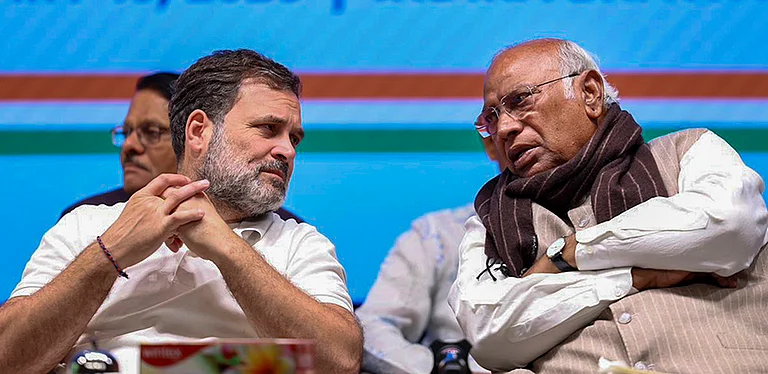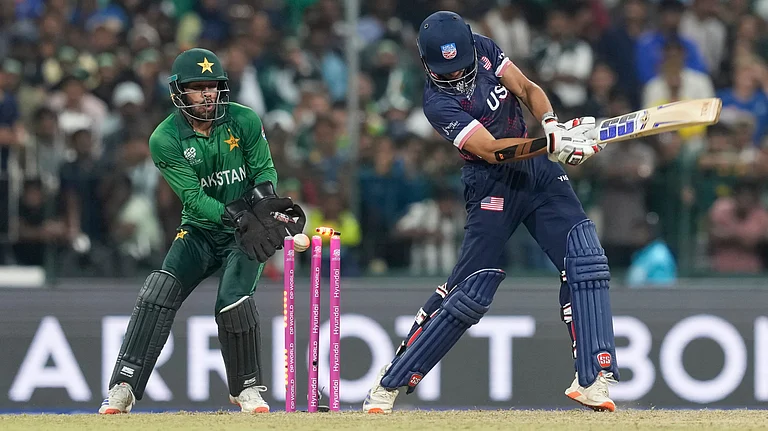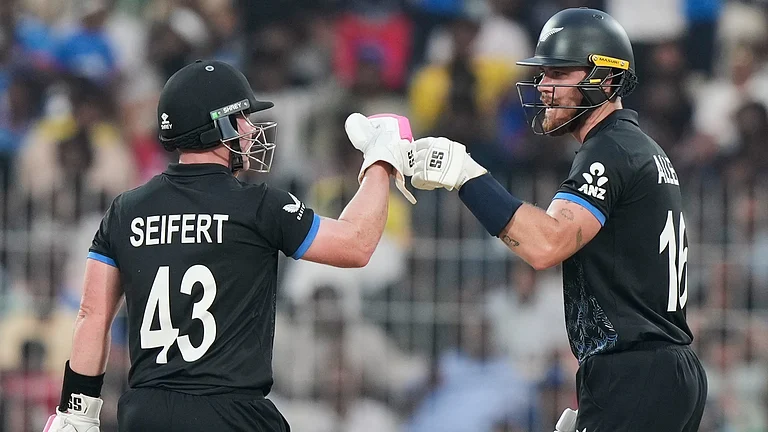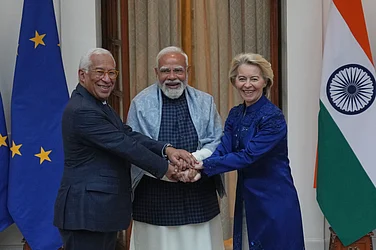An ISIS map paints India, Pakistan and Bangladesh soon to be under its chief Baghdadi’s control. Its official journal, Dabiq, reminded the “glorious role of Indian Muslims” against the abolition of the caliphate in Turkey in the ’20s. Emir of Khorasan, Hafiz Saeed Khan, in an interview to Dabiq, said that “Muslims will soon hear pleasant news about the caliphate’s expansion” in India. However, such rants could not make any significant impact on Indian Muslims. But it may have trapped a few hundred Indian Muslim youths in its net. The number may be small but is a great cause of concern.
Here, the role of both Muslim ulemas and elites is equally important. Seminaries like Deoband and the madrassas should lead mass campaigns against the crass exploitation of religious texts by ISIS. The challenge and threat are both contained within the community.
It is true that ‘terrorism has no religion’. But that is not going to resolve the complex issue of Islamic terrorism confronting us. Unless the community owns the problems, such elements continue to harvest young, formative minds. Minority institutions, particularly administered by Muslims, should unmask it through right interpretations of Islam with an emphasis on modernity and exposing the cruelty committed by outfits like ISIS. Besides these short-term measures, Islam in general has to re-examine its theological understanding in the present context.
All other religions reformed themselves, even at the cost of diluting their scriptures. Two Islamic concepts, jehad and kafir, are interpreted from a extremely moderate to a highly extremist manner. This is an issue Indian Muslim seminaries need to ponder on. Secular education is another solution. Common schooling creates mutual sympathy and goodwill. Many madrassa teachings lead to radicalisation. Clerics’ sermons in mosques often emphasise on the theory of deprivation, discrimination and victimhood of Indian Muslims. It could create propitious grounds for radicalisation. It must be curbed.
In Turkey, the religious affairs department, known as Diyanet, does not give a free hand to clerics. It vets every word of the speeches delivered in mosques. The presence of microscopic elements of Muslim radicalism in our society can’t be denied. The danger gets multiplied when domestic politics casts its shadow on terrorism. For instance, people like Marxist historian Irfan Habib, Congress leader Ghulam Nabi Azad or MIM leader Owaisi compare RSS with ISIS. Can there be bigger travesty than this? We should not forget that terrorists get respectability when they become the centre of political discourse, which causes polarisation. Therefore, the solution lies in building consensus on terrorism and self-restraint while debating it in media. Civil society in general and Muslims in particular should not go by a causal approach while dealing with the threat from the ISIS.
(Delhi University professor Rakesh Sinha, an RSS ideologue, heads the India Policy Foundation)
























